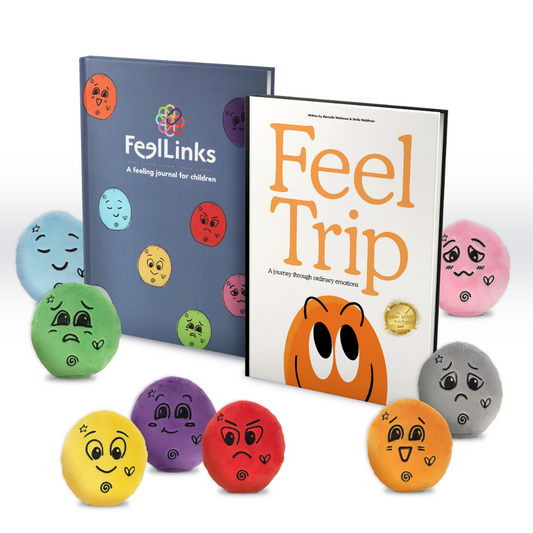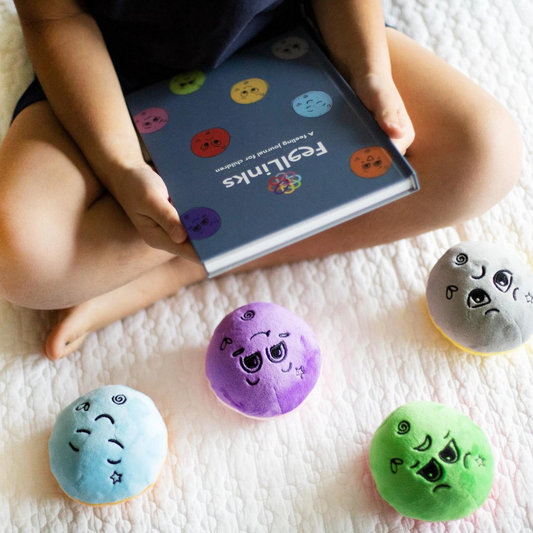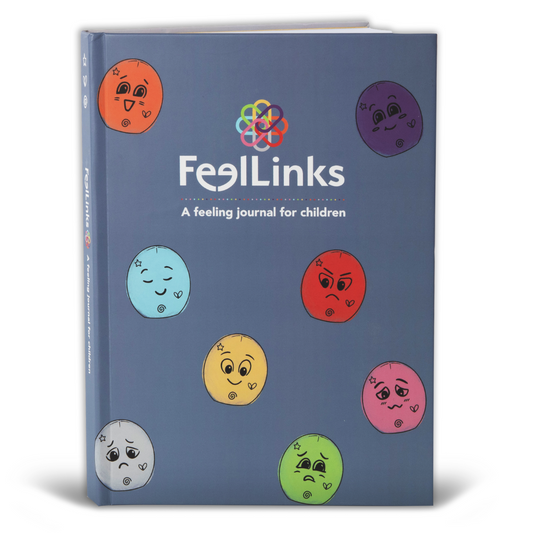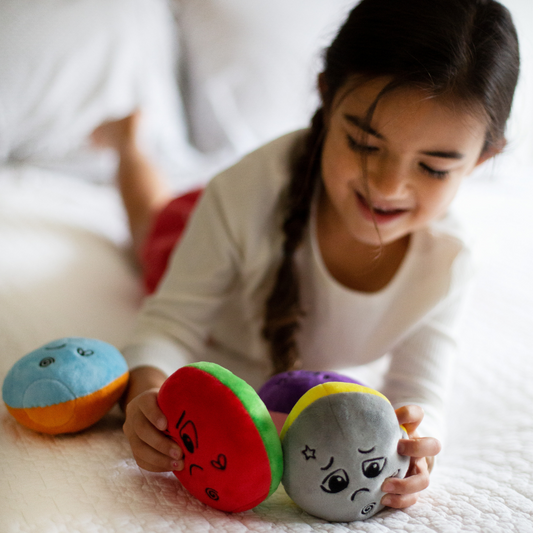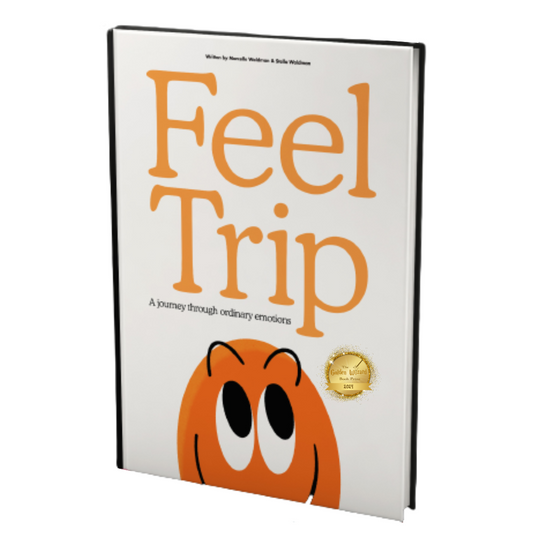Mental Health Is Health: What we can do to support good mental health at every age
Share

Mental health is health - for every age and every stage of life
Started by Mental Health America in 1949, May is Mental Health Awareness Month. During May, we can all join in the national movement to raise awareness about mental health. Every one of us has mental health and it is just as important as our physical health. In fact, it has a direct impact on our physical health.
Mental health refers to our emotional and social health. Our mental health and wellness impacts how we think, feel, and behave. When we are mentally healthy, we are better able to cope with difficult emotions, enjoy life, build and sustain relationships, and overall feel good about ourselves. When we feel a shift in our mental health, that could mean that we are facing typical life situations. If you, your child, or someone you know, ever feels that mental health is a cause for concern, be certain to speak with a healthcare professional, your child's doctor or encourage someone you know to speak with a professional.
We can all do some important things to support good mental health in ourselves and our children:
Good nutrition: Having a healthy, balanced, nutrient-rich diet is highly important to our mental health. In fact, nutrition begins in the womb. When pregnant women eat whole, nutrient-dense foods, it is linked to less emotional struggles for the child. This is also true for children in their first year of life. Children who indulge in more junk food and processed foods, have been found to be 80% more likely to suffer from depression.
Diet is linked to the hippocampus, the area of the brain responsible for learning, memory and mental health. People with healthy diets have higher volume in their hippocampus compared to those with unhealthy diets.
Work to keep a balanced diet rich in fruits, vegetables, whole grains, legumes, fish, and olive oil.
(Source: Jacka FN, et al. Associations between diet quality and depressed mood in adolescents: results from the Australian Healthy Neighbourhoods Study. (2010). Australian & New Zealand Journal of Psychiatry.
Exercise: Just one hour of exercise per week is linked to better mental health, lower statistics of mood, anxiety and substance use disorders.
You do not have to belong to a gym to get in exercise. Exercise can be incorporated in many ways including: yoga, weights, walking, hiking, running, resistance bands, dance, karate - and so much more! Find what works best for you. *Always consult a doctor when beginning a new exercise.
Sleep: Quality of sleep is linked to our overall health. It's vital for us, at any age, to get ample sleep for our bodies and minds to rest and reenergize. Sleep plays a significant role with our moods, appetite, hormones and more. Besides ample sleep, we need quality sleep. When we get in bed, we should be falling asleep quickly and stay asleep without much disturbance of wake time. See the Sleep Duration Recommendation below to find out how much sleep you and your family and students should be getting.

Managing stress: Stress is an ordinary feeling for us all to experience. Stress can come and go, be triggered by certain events, or even last for a longer duration. Managing stress contributes to our overall mental health. If we do not have a handle on our stress, it can contribute to greater symptoms that may require more significant attention. Stress can trigger physical symptoms such as, changes in appetite and sleep, GI symptoms, muscle aches, acne and other symptoms. Sharing our feelings, being realistic, asking for help, and finding hobbies, are all ways we can help manage our overall stress.
Using coping skills: There are a wide variety of coping skills we can use in order to support our mental health. My family has lists posted in strategic places in our home to remind us what coping skills work best for each of us. Whether it's music, meditation, journaling, walking, hiking, throwing a ball, squeezing a stress ball, fiddling with fidgets, dancing, breathwork, talking with a friend or family member, or just taking some alone time - the list of coping skills is extensive. It's important to figure out your favorite coping skills and support your child in finding theirs.
Building a support system: Social relationships are vital to our overall mental health. Loneliness is an extremely difficult feeling and can contribute to greater feelings of isolation and greatly impact our mental health. Finding our people - whether it be family members, peers, teammates, or co-workers, is important for us to feel supported by a "community". Loneliness has negative effects on our mental and physical health so do your best in finding your support system and support your child in finding theirs.
If you or your child are struggling with any of the above, and you have any feelings of concern, please be sure to speak with a healthcare professional.
Remember, we will all feel stressors, it is an ordinary part of life. Some stress can even be healthy for us - it can kick us into action to study for a test or prepare for a job interview. Not all stress should be prevented for our children or ourselves.
I came across this tool, Mental Health Test from Mental Health of America that you might find interesting as well. Please remember, this is not in place of a healthcare professional - so be sure to consult them if you have questions or concerns. If you or your child have an immediate need for help or experiencing a crisis you can speak with a trained crisis counselor 24/7 any day of the year at 1-800-273-TALK (8255).
Let's all come together and spread mental health awareness. Let's squash the stigma attached with mental health conditions and concerns. Let's come together and support one another. Let's treat each other with kindness.
If you want to share your story with me or our FeelLinks community, I would love to hear from you - marcelle.feel.links@gmail.com. Sometimes our own story impacts another's life. You can read my deeply personal story here.
Let's work together to create a kinder, more compassionate and inclusive world.
xo, Marcelle

